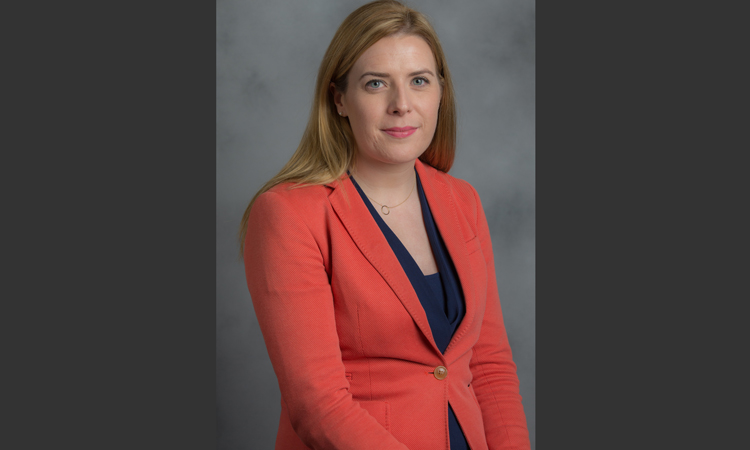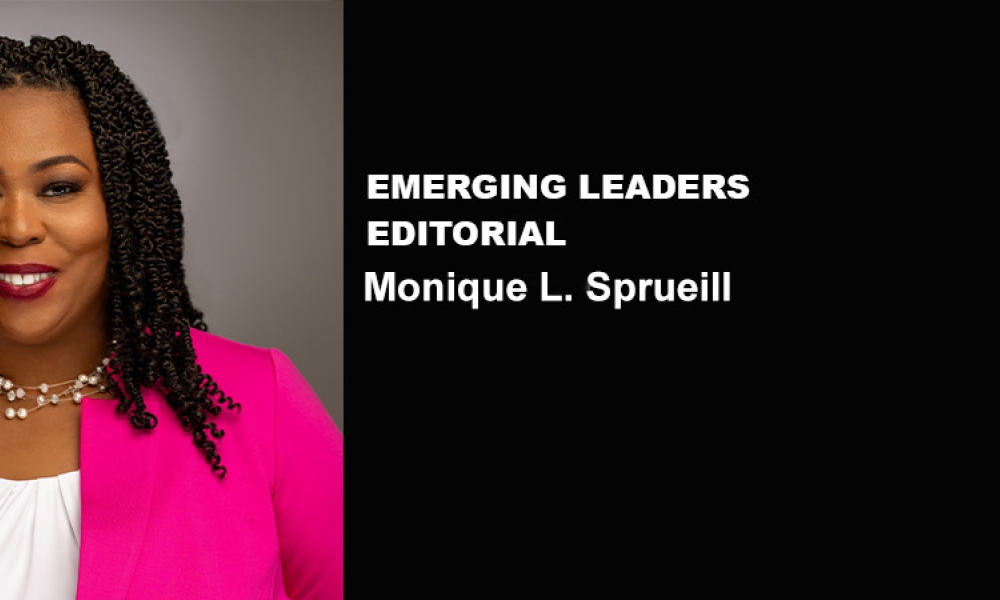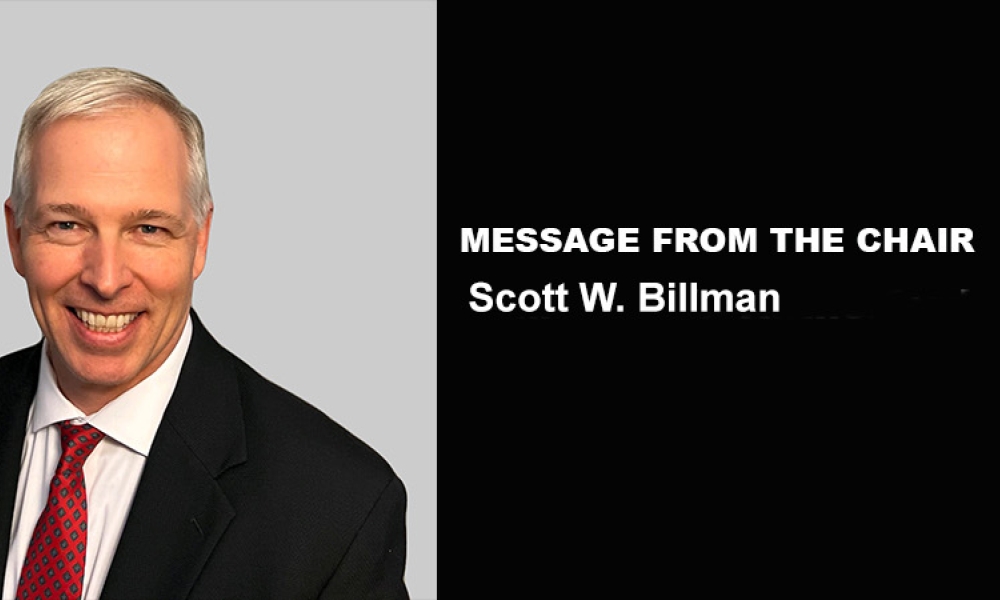More Advice from the Top

My conversation with six members of ISPE's Board of Directors continues this month.

They provided advice on how to develop as a Young Professional (YP), and shared suggestions about how to make the most of ISPE membership. The first half of our conversation was published in the May-June issue of Pharmaceutical Engineering.
- Alice Redmond, Vice President, European Operations, Commissioning Agents
- Flemming Dahl, Senior Vice President, Novo Nordisk A/S
- Joanne Barrick, Advisor in Global Validation Support, Eli Lilly and Company
- Jörg Zimmermann, Vice President, Vetter Development Services
- Tom Hartman, Vice President, GMP Operations, GlaxoSmithKline
- Kelly Keen, Project Portfolio Management, BPM, F. Hoffman-La Roche, Ltd.
WHAT WAS THE BEST ADVICE YOU RECEIVED AS A YP?
Alice: Be open-minded, observe team leaders and managers, look for practices (management, communications, etc.) that work, and adapt them to your job and style. Learn from the best, but always make it your own. From the technical perspective, expand your horizons, think, and look beyond your remit to get a full understanding.
Flemming: Be knowledgeable. Find areas that mean a lot to you, both technically and from your heart.
Joanne: Whatever job you are doing, do it really well. Don’t ignore the value of networking. Be open to roles and opportunities you hadn’t thought about. Be aware you may be able to combine your passions—for example, if you love to travel you may seek a role that includes travel.
Jörg: “Find a job you really like, and you will never have to ‘work’ again.” Sounds good, doesn’t it?
Tom: Work hard, do the right thing when faced with decisions, embrace change, be accountable for your performance, and take ownership of your career.
Kelly: My best advice is to stay with ISPE and be present at events. My first event was attended by a group of older men, and I felt very out of place. But I met one person at that first conference. At the next conference, he introduced me to some of his colleagues. The time after that, I met more members through them. The more events I attended, the bigger my network became. That first man I met, Mark Hannon, is now retired, still active in ISPE, and is a very good friend. Listen to presentations and ask questions—and remember that there are no dumb questions. Learn the acronyms and do not be afraid to ask for clarifications. Know your skills, and sell yourself, but don’t over-sell.
WHAT SKILLS SHOULD YPS DEVELOP?
Alice: Communication, listening, troubleshooting, project management, and risk management.
Flemming: The ability to oversee a process from the early stages to the end by combining knowledge from various disciplines is key. It’s also important that you be able to cooperate with people who work in areas very different from yours.
Joanne: Curiosity. Make sure you are always asking why and probing for deep understanding. Communication and interpersonal skills are important, too. If you have great ideas, you must be able to articulate them well to gain support. You will always have to find common interests to work effectively with others.
Jörg: Try to get as much experience in different fi elds as possible, and try to build a good network, both in your company and outside. And there is no better place to build a network than ISPE.
Tom: Show ownership and personal commitment to what you are doing. Deliver results, even if they seem small. Small successes build to large successes.
Kelly: Be computer or tech savvy, network, meet people, and have fun while doing it. Get involved: Being present both physically and mentally is a skill few people achieve. WHAT
FUTURE PHARMACEUTICAL INDUSTRY CHALLENGES DO YOU THINK YPS WILL HAVE TO SOLVE?
Alice: The industry will need to become more innovative and embrace change. YPs will have a huge part to play in pushing innovation to maximize the utilization of technology.
Flemming: YPs will need to set an agenda of simplicity in a complex world with new regulations and stakeholders.
Joanne: Cost pressures are challenges that will persist. We must be able to innovate faster and at lower cost while maintaining quality and providing reliable supply.
Tom: Enhancements to supply chain and more patient access to quality medicines, reducing drug development cycles and time lines, and the application of advanced technologies that will improve the cost of goods, reduce capital investment, and improve efficiencies.
Kelly: Insurance companies will have a big influence on medicine in the future. Cost-cutting will continue and biosimilars will become common. Technology will create change, too. Imagine if instead of seeing a doctor, your smart phone analyzed a saliva sample and sent the results to a lab. An ePrescription for the medication you need could be sent to a pharmacy or delivered to you.
The game is changing quickly—it’s just a matter of time.
How did you get involved in ISPE? Join the conversation on the YP Community page. To join the YP Community, select it during registration or update your account on ispe.org.



